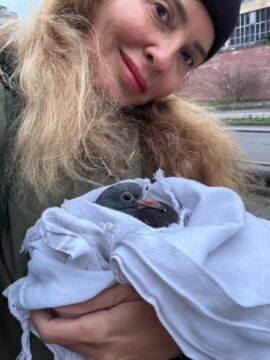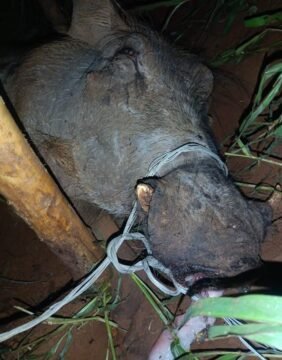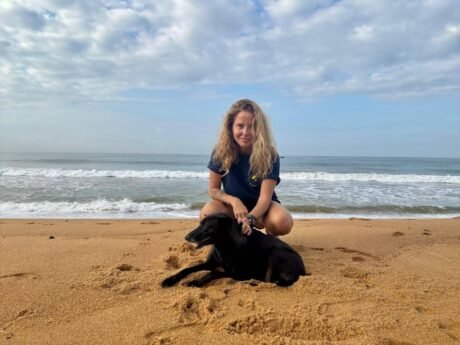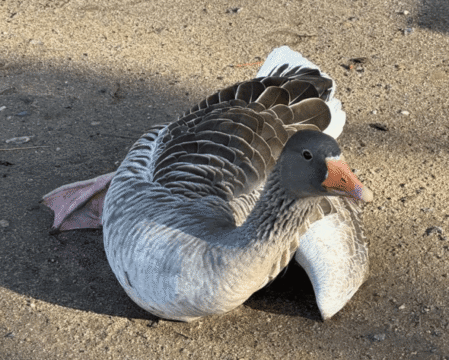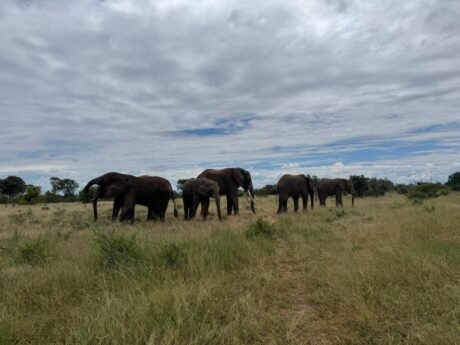Challenges in Disrupting the Trade
Stopping the illegal pangolin trade has been a significant challenge. These animals are found in 23 countries, covering a total area of 2.3 million square miles. Their scales are trafficked worldwide, with Nigeria emerging as a primary distribution hub. From Nigeria, scales are sent to markets in China, Thailand, Vietnam, Laos, and Singapore. Identifying these trafficking routes provides new opportunities to combat the trade and improve anti-trafficking strategies.
Research shows that poaching activities have shifted from West Africa to Central Africa between 2012 and 2018. Initially, scales were mainly sourced from countries like Sierra Leone, Liberia, and Ghana. By 2018, Cameroon, especially its southern border areas, had become the main source. Other hotspots were identified near the borders of Nigeria and the Central African Republic.
The Global Impact
The illegal wildlife trade is a $20 billion industry run by sophisticated international cartels. In Africa, pangolin poachers can sell a single animal for $250, a significant sum in many regions. However, most profits go to trafficking organizations, which use the funds to support other illegal activities, including the weapons trade.
Pangolin scales are primarily used in traditional medicine, despite a lack of evidence supporting their effectiveness. A smaller portion of the trade supplies exotic meat markets.







